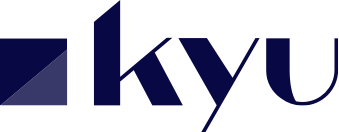
A major legal tool in terms of corporate social and environmental responsibility, since 2017 France’s “Devoir de Vigilance” law has obliged companies with over 5,000 employees in France, and over 10,000 internationally, to implement measures to identify and prevent serious violations of human rights, the environment, and health and safety throughout their value chain.
Inspired by France, similar initiatives have emerged in the Netherlands, Norway and Germany, leading the European Commission to take up the issue and enshrine it in European law. In June 2023, the European Parliament adopted the proposed Corporate Sustainability Due Diligence Directive (CSDD or CS3D) which, compared to French law, broadens the scope of application and strengthens sanctions. The final vote on the directive should take place before the end of 2023. Member States will then have a further two years to transpose it into their local law.
For our customers, the challenge will be to anticipate these changes and turn the compliance plan into a tool for internal management of human and environmental risks, involving all stakeholders (CSR, Legal, HR, Purchasing, Risk, Compliance, etc.) and serving the company’s strategy:
- Evaluate actual exposure to risks linked to the Duty of Vigilance with regard to activities and value chains, and taking into account operational risk management practices and processes already in place, in order to take action where necessary.
- Assume their social and environmental responsibility, by implementing risk reduction measures, in a constantly changing societal and regulatory context, and in the face of increasingly crucial reputational issues, both externally and regarding employees.
- Meet the expectations of stakeholders (legislators, shareholders, employee representative organizations, local communities) by detailing their practices and formalizing their commitments to ethical and sustainable practices in a readable, self-contained document.
To meet these expectations, KYU combines its expertise in Risk Management, Sustainable Transformation and Operations to provide its customers with:
- In-depth benchmarking of best practices to highlight weaknesses in existing plans and target areas for improvement, both in terms of content and form, based on inspiring documents produced in other sectors.
- Supply chain mapping tools to identify all the internal and external links involved in the value chain, from N-tier suppliers to service providers and subcontractors, both centrally and in subsidiaries, to highlight blind spots.
- A Duty of Vigilance risk assessment methodology to define a universe of risks in line with the latest requirements, and an assessment framework for prioritizing improvement actions.
- Involvement of all internal and external stakeholders to raise awareness of the risks and opportunities associated with the Duty of Vigilance, assess the risks and existing control systems at every stage of the value chain, and initiate real change.
Our main deliverables and feedback:
- Mapping of value chain activities and supply chains, as well as risks and control measures associated with the Duty of Vigilance.
- Leading a project involving numerous stakeholders and requiring coordination between CSR, Legal, HR, Risk and Purchasing departments.
- Drafting of self-supporting, unique and ambitious Vigilance Plans based on best practices, and deployment of an internal steering system.
- Reinforced internal and external communication on the challenges of the Duty of Vigilance and put the overall system into perspective, giving it credibility with stakeholders and shareholders.
- Highlight residual weaknesses at Executive Committee level.


